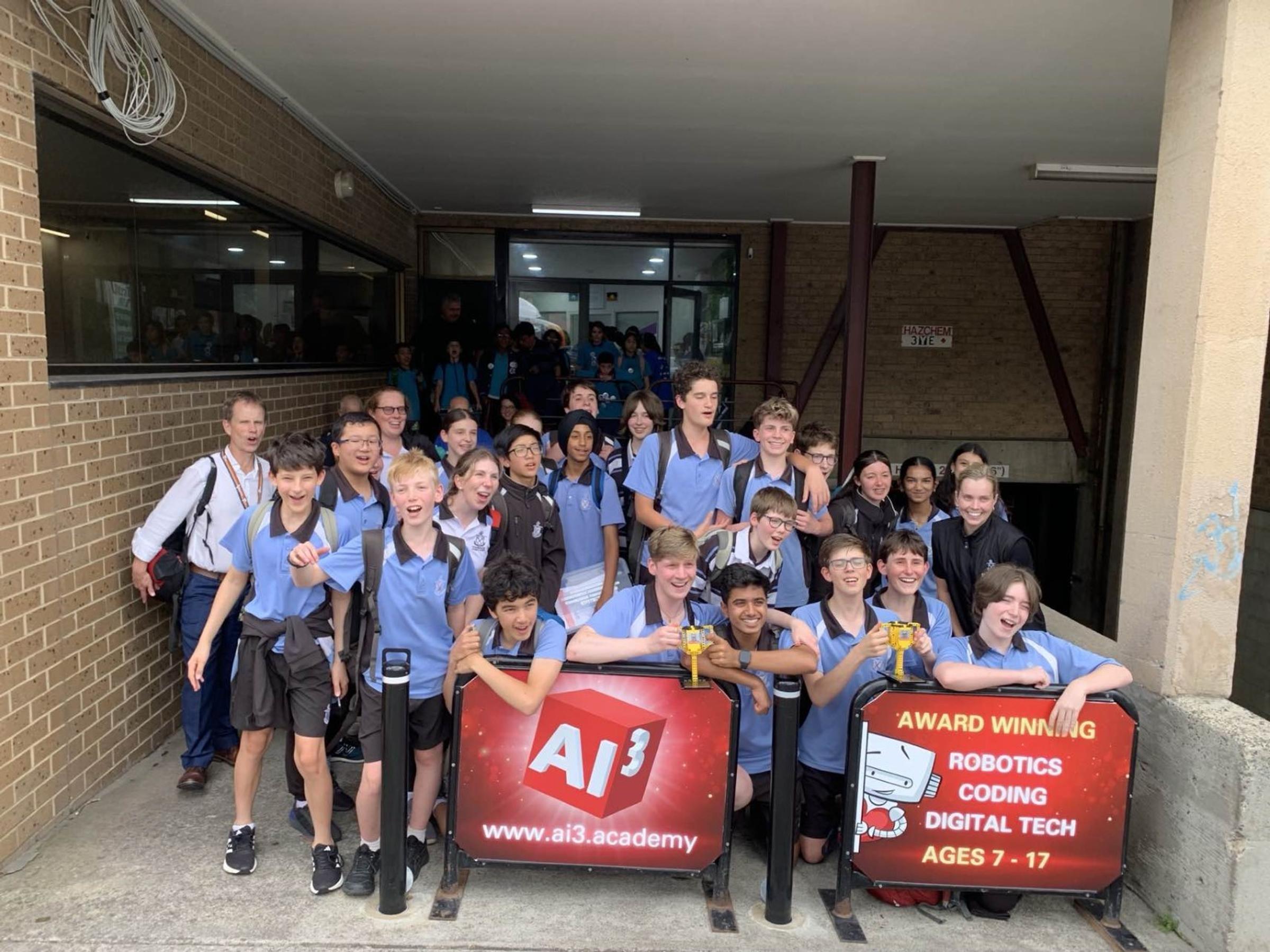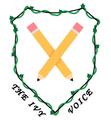Lego League

Solving Problems and Building Robots
Riley Tyebji, Year 10, Ridgeway Campus
FIRST® LEGO® League (FLL) is a global program that gets students from ages 4 to 16 excited about STEM (Science, Technology, Engineering, and Math) through hands on projects. Participants work on solving real world problems by building and programming LEGO® robots to complete different missions. Every season, teams get a new theme that pushes them to research and come up with creative solutions. It focuses on helping students develop skills in critical thinking, coding, and design, while also teaching the importance of teamwork and making learning fun. Participating in the FLL was an unforgettable experience that challenged me and sparked my passion for STEM. Ivanhoe Grammar School (Thank you Ms Maynard and Ms Warren) truly values STEM education, and one of the most exciting ways it nurtures this interest is through the Lego League Program.
This year's theme, Submerged, took us underwater, challenging us to explore the mysteries and problems of aquatic environments. The Robot Game was where our engineering and programming skills really came to life. Using the LEGO Spike Prime system, we built and coded an autonomous robot to complete missions on a challenge mat. Every task required precision, strategy, and adaptability. Designing our robot pushed us to think creatively while balancing engineering principles. We focused on making our design both efficient and flexible, ensuring we could easily swap out attachments to handle different tasks. As the competition day arrived, we were met with unexpected obstacles that tested our ability to think quickly. We had to tweak our code and adjust our robot’s mechanics on the fly. The most rewarding part was watching our robot successfully complete each task we programmed it to do after countless hours of testing, troubleshooting, and refining.
Another key part of FLL is the Innovation Project, where teams research a real-world problem and come up with a creative solution. For this year's "Submerged" theme, our team focused on the environmental issue of CO2 emissions from ships. After doing in-depth research, we developed a solution: a fully electric engine to replace the traditional fuel-powered engines. This project not only deepened our understanding of Environmental Science, but it also gave us the chance to apply STEM skills to solve a real-world issue. Collaborating with teammates to research, brainstorm, and present our solution to the judges helped us improve our communication and problem-solving abilities.
Overall, FLL wasn’t just about competing. While it was an amazing feeling to be declared the winner of the competition for the Box Hill region, the experience was more about learning, growing, and collaborating with my teammates. I loved the challenge of developing innovative solutions under pressure and the satisfaction of seeing our hard work pay off. The experience was both fun and rewarding, and I highly recommend it to anyone interested in STEM!
